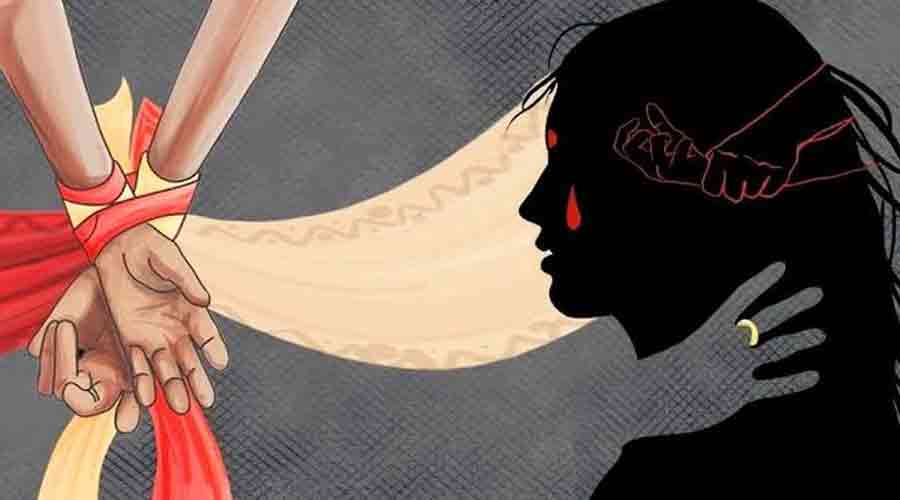Rights and cultural expectations often fail to meet when women are concerned. Considering a number of petitions asking for the recognition of marital rape in law, or the removal of the exception to Section 375 against rape in the Indian Penal Code, the Delhi High Court laid emphasis on a woman’s sexual autonomy and bodily integrity. Efforts to include marital rape in the law-books have been repeatedly made: obviously, the issue has not been resolved. There is a persistent — deliberate? — blind spot that drops a man’s non-consensual sex with his adult wife out of the law against rape; it is also left conveniently ambiguous in Section 498A, which focuses on the result of cruelty of the husband and his family and not on a specific act. The obliteration is based on the assumed consent of a wife to sexual intercourse in marriage. Thus, conjugal relations are seen as a legal right and the husband as the dominant partner in a society which ‘expects’ the wife’s compliance in bed. Evolving women’s rights, the understanding of a woman’s control over her own body in sex and reproduction, her right to privacy and selfhood become irrelevant against this exploitative social and institutional bias.
So the Delhi High Court’s reported remark that the woman has the right to say ‘no’ was of particular importance. What the court will consider, however, would be whether a single act of coerced sex by the husband should invoke the crime of rape, as is indicated in Section 375, and lead to imprisonment for 10 years, which is what Section 376 says. These observations are prima facie, the court reportedly underlined. The legislature has created a ‘situation’ where the parties are married. In an affidavit earlier, the government had claimed that the recognition of marital rape would destabilize the institution of marriage and provide a tool to be used against husbands. The misogyny implicit in this, apart from the complete ignoring of women’s rights, is an example of the institutional devaluing of women. It also perpetuates the culture of male violence. The high court has rightly wondered whether an offence ought to be contingent upon the nature of a relationship since the dignity of all women — married or not — is seriously compromised by the demand of forced sex by a man. The renewed scrutiny of the legislative firewall enjoyed by men within the institution of marriage is welcome.










